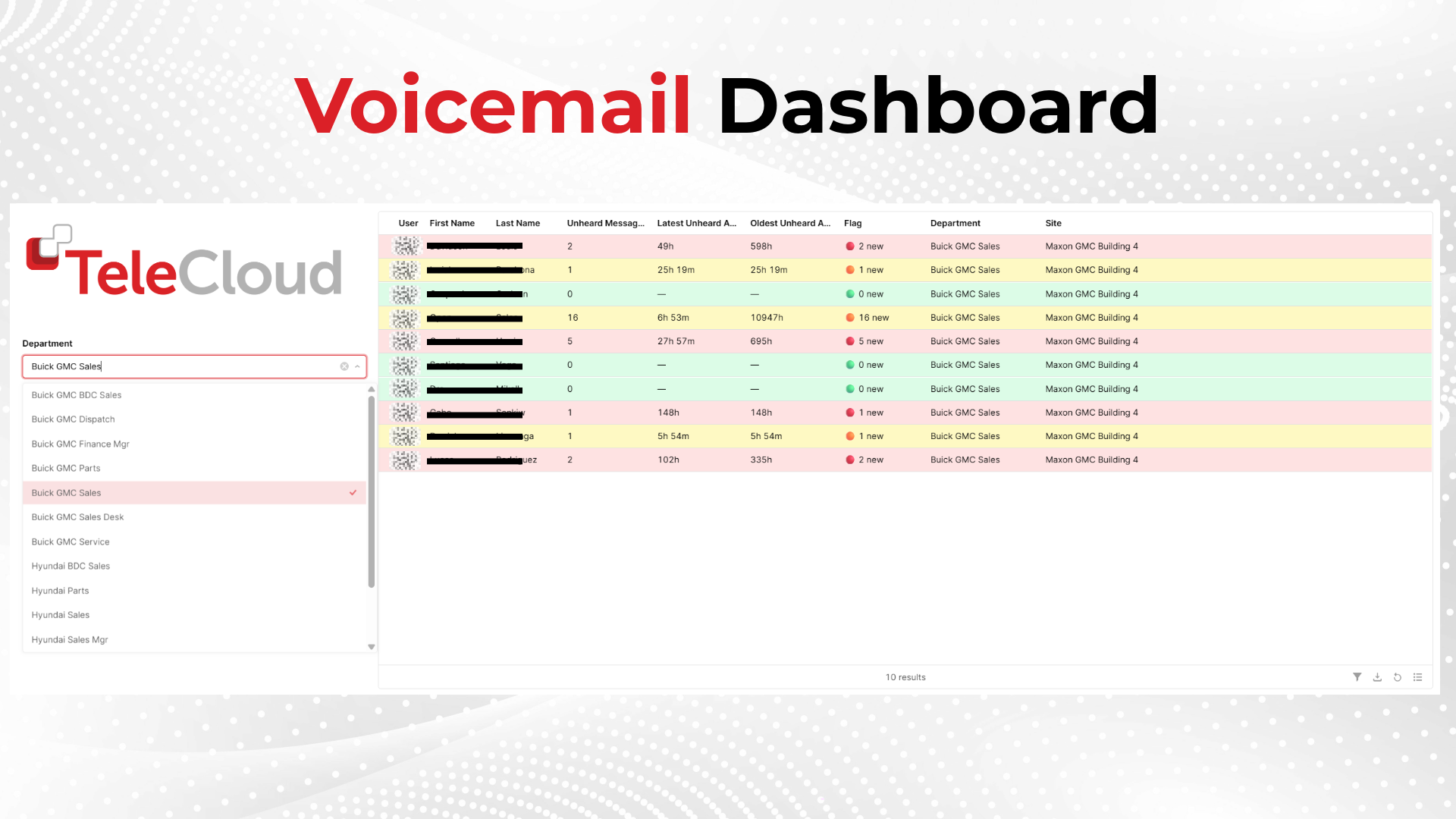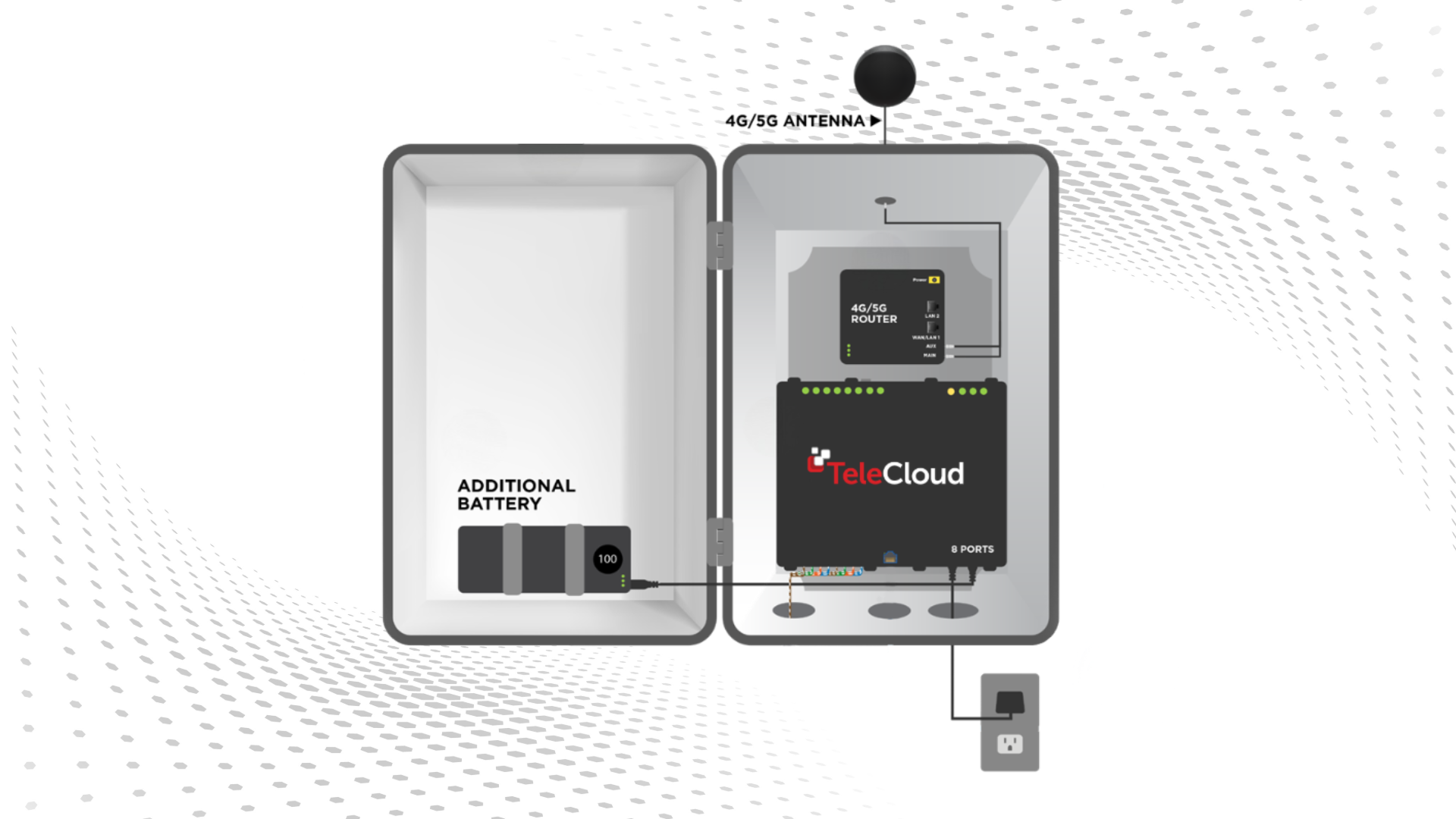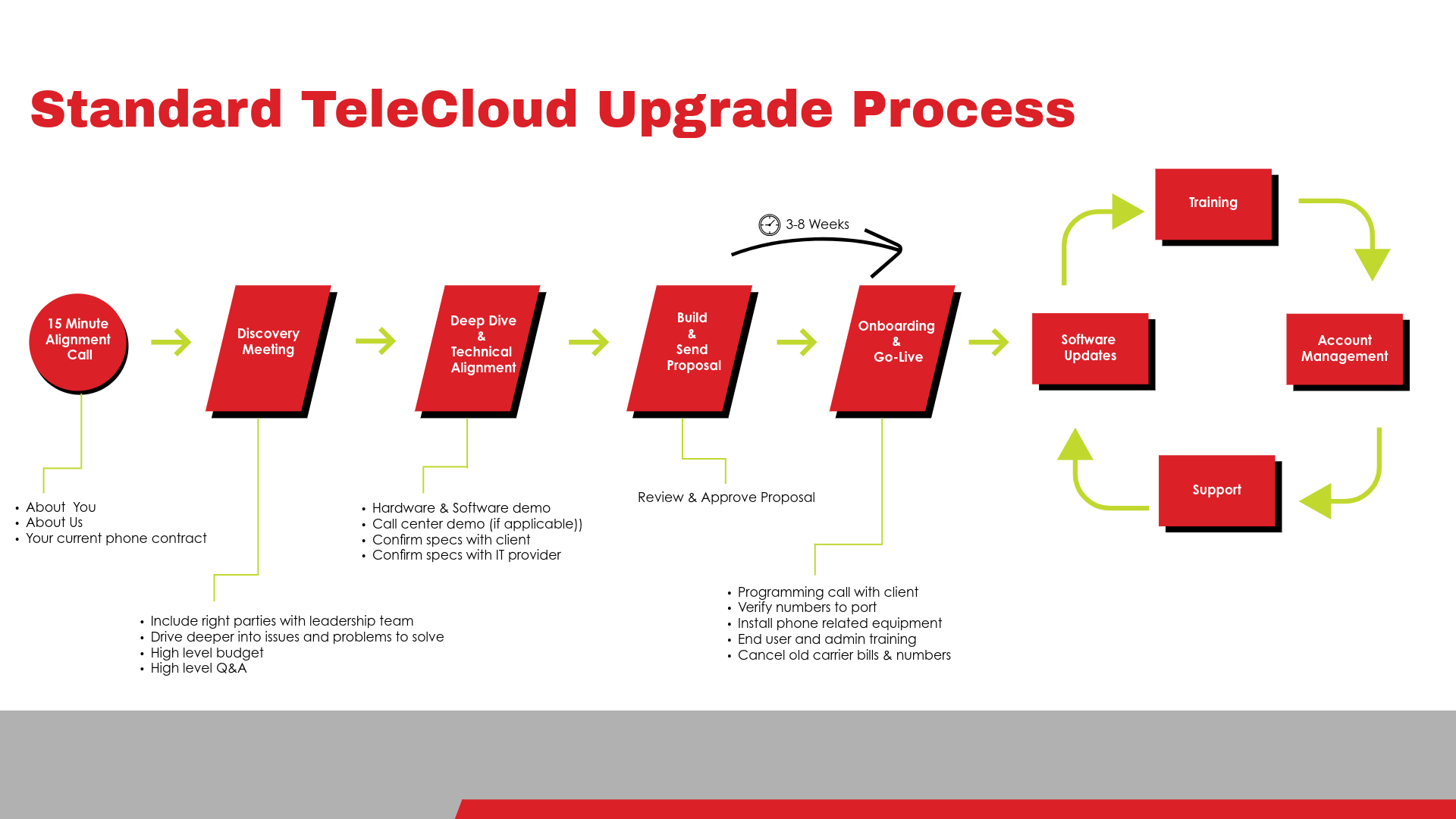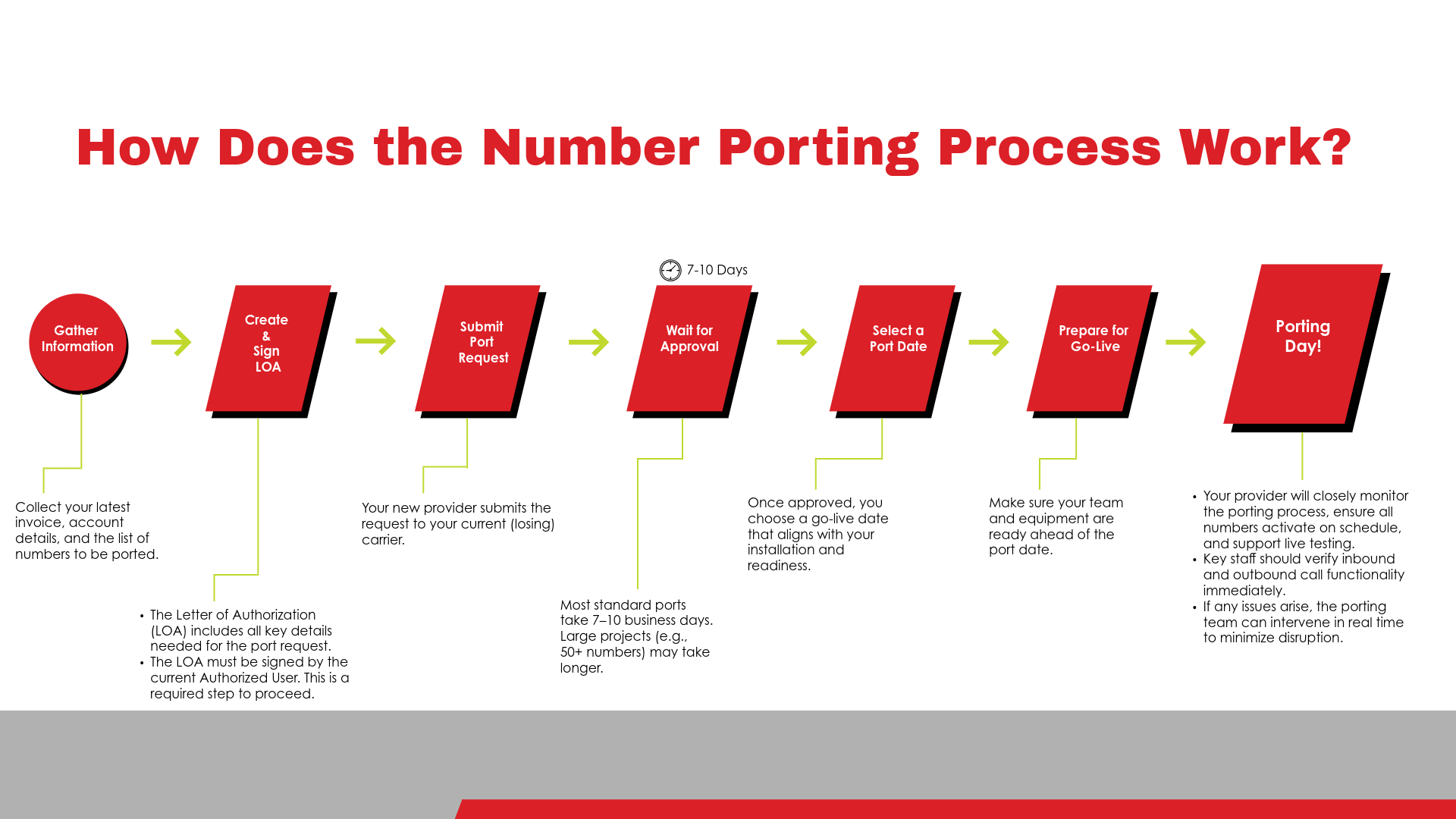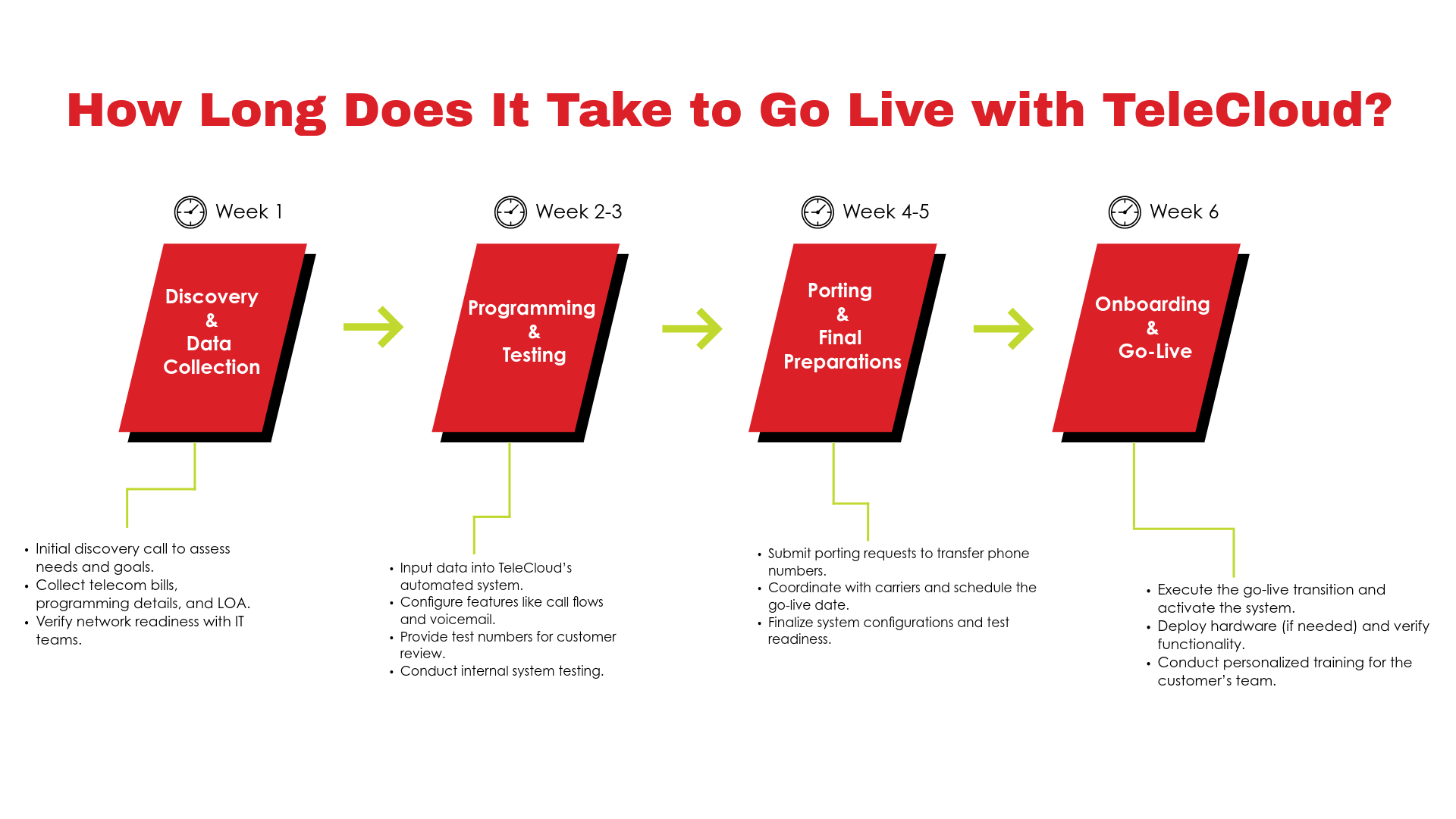What’s the Best VoIP System for a Business with Multiple Office Locations?
Updated: December 18th, 2024 | Published: May 9th, 2023
5 min read

Modern businesses face unique challenges when managing communication systems across multiple locations. What works for one office might not work for another, and finding a solution that connects all your operations seamlessly can be tricky.
VoIP (Voice over Internet Protocol) systems have become the go-to choice for over 30% of businesses worldwide1, thanks to their flexibility and cost-effectiveness. But when it comes to choosing the best VoIP system for multi-location businesses, the answer isn’t one-size-fits-all—it depends on your specific needs.
This guide will explore the types of VoIP systems available, key features to consider for multi-site setups, and how to identify the best solution for your business.
What Types of VoIP Phone Systems Are Available for Multisite Businesses?
No matter what type of multisite business we’re dealing with, we always give the same answer regarding the best VoIP phone system for their businesses: it depends. The most important thing to discuss up front is the day-to-day needs to operate. What are your business’s goals? What do you need out of a communications system?
1. On-Premise Systems (Becoming Obsolete): Traditionally, on-premise systems were favored by businesses requiring complete control over their infrastructure. However, these systems require significant maintenance and are increasingly being phased out due to limited scalability and high costs.
2. Hybrid Systems (Limited Adoption): Hybrid systems combine on-premise hardware with cloud-based features, offering flexibility for businesses transitioning to VoIP. While still in use, they are less popular as fully cloud-based systems now provide similar functionality with fewer limitations.
3. Cloud-Based VoIP (The Modern Standard): Cloud-based VoIP systems are hosted entirely in the cloud, making them the most practical choice for multi-location businesses in 2024. They allow centralized management, seamless connectivity between offices, and easy scalability—all without the need for expensive on-site hardware.

How to Choose the Best VoIP System for Your Business
When we speak with new customers, we typically ask about five specific issues to help pinpoint a best-fit VoIP phone system. Before evaluating cloud phone systems, consider asking the following questions:
1. Can You Easily Transfer Calls To Your Business’s Other Office Locations?
Having the ability to easily transfer calls between locations is convenient for both the customer and the business.
Here’s a quick real-life example. I tried to call my physical therapist the other day, so I did a Google search for the number and found multiple listings for the various locations. I wanted to reach my physical therapist, but I called the wrong office.
Lo and behold, the receptionist didn’t have the availability to transfer me to the right location. Since I was driving, I didn’t want to hang up and do another Google search, and I couldn’t write down the number she gave me. Not ideal.
Being able to transfer calls between locations means your customers are guaranteed to get connected to the right person. This means no missed revenue because the customer gets distracted and forgets to call back. Even if the customer calls the wrong location or office initially, you can still be guaranteed a connection with that customer.
Here’s another example: A high-end medical boutique was getting busy signals at each office when they needed to talk to the other locations. When customers and other employees called in, they couldn’t get connected. We set up an intercom system between locations, allowing offices to interact cohesively and freeing up outside lines from internal traffic. This was a huge time-saver whenever employees communicated, and it also improved the company’s overall level of communication.
The other perk of being able to get in touch with other offices or coworkers at different locations is the ability to tell if that person is currently on another line. This means you can let the customer know ahead of time if the person is busy instead of blindly transferring someone.
2. How Many Phone Lines Does Your Business Have Across Every Location?
When switching to a VoIP phone system, consolidating your toll-free and local lines means big financial savings. Traditional phone systems are set up based on the perceived maximum amount of phone calls. So, if you expected to have five people calling at once, then you had five lines installed.
With VoIP, you eliminate the need for multiple lines at each office location. You work off a consolidated or pulled set of lines, regardless of the number of locations. That efficiency alone can drive down costs by a factor of 40-50%. Just by switching to VoIP, you can expect serious cost savings.
3. Do You Have Regional or Floating Managers?
If you’re a “floating manager” working with a traditional phone system, your extension doesn’t “float” with you. With VoIP, you can forward calls to a mobile device or apps. Depending on the phone system, you can even log in to your phone from any device or location.
This feature is called “hoteling” and provides the ability to log into any phone as your own personal extension. Hoteling is becoming more common in today’s work culture due to the increasing popularity of remote and hybrid working models. 58% of U.S. employees work from home at least one day a week.2 With the hoteling feature, they can log in to an office workstation even from home. Even though they’re not at the same physical location as their phones, their contact information and calling preferences still follow them.
This feature allows employees to stay connected, regardless of where they’re working. Contacts and voicemails are always available, whether working from home, on the road, or anywhere else.

4. Do You Need On-Demand Rollover Options?
One of our customers had a main location with several satellite offices. These serviced local contractors, with whom customers could put in orders for various products. When these offices were busy, all their phone lines were tied up, resulting in many unhappy customers.
Our solution was to enable an on-demand rollover. If one location was busy, the customer’s call would route to another office, enabling the business to take that customer’s order.
“Overflowing,” or integrating call groups between multiple office locations, can be crucial. It means that if one location is busy with calls or is short-staffed, the rest of the operation can provide support.
The other perk of on-demand rollover is that you can avoid shuttling staff between locations due to sick days. Instead of sending an employee to another office, staff at other locations can help by picking up the calls.
5. What Level of Administrative Access Is Necessary?
If your business has an internal IT department, VoIP offers instant and easy flexibility to manage calls during network or power outages.
We recently helped a medical office reroute calls via their VoIP system’s admin portal during a power outage. If that customer had used a traditional phone system, this process would have been much more complicated and taken a lot longer.
The calls were routed to a customized greeting since the doctors couldn’t see patients due to the outage. They also had the option to send calls to another office by changing settings within the online administrative portal. The online portal makes managing every office and user easy from any connected device.
So, What’s the Best VoIP System for Your Business?
Simply put, there is no “best” system for every business. While these five questions can help you get a headstart on finding a cloud phone system that meets your multi-location needs, there are still many other factors to consider.
Your best bet is to get in touch with a knowledgeable local VoIP provider with experience in your industry. They can let you know what works best for their existing customers who have needs similar to yours and walk you through your options.
Ready to Upgrade Your Communication System?
TeleCloud specializes in helping multi-site businesses streamline their communication with customizable VoIP solutions. From seamless call transfers to cost-saving features, we’ll design a system that keeps your business connected and efficient.
Sources:
- https://tech.co/business-phone-systems/voip-statistics
- https://www.mckinsey.com/industries/real-estate/our-insights/americans-are-embracing-flexible-work-and-they-want-more-of-it

Damon Finaldi is the general manager at TeleCloud. He loves helping customers and creating an environment where team members can thrive. He grew up in the telecom world and has seen the evolution of phones from analog to IP, so he understands the positive impact phone systems can have on a business.
Contact Damon directly at (908) 378-1217 or damon@telecloud.net
damon@telecloud.net






